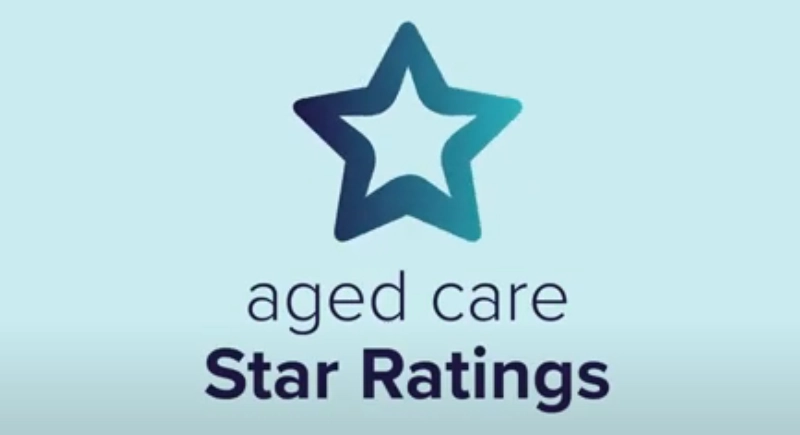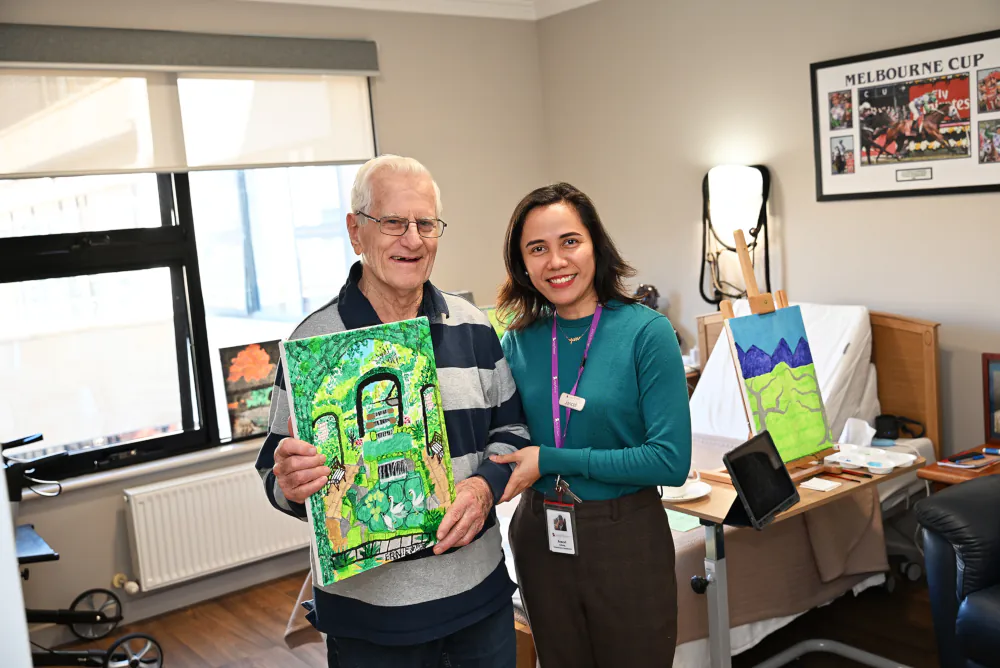World Elder Abuse Awareness Day

June 15 is World Elder Abuse Awareness Day. Across the globe, communities will come together to raise awareness of elder abuse, a global social issue that affects the health, wellbeing, independence and human rights of millions of older people.

The critical message of this important day is “Know the signs, speak up and help stop elder abuse”. Mayflower fully supports and is promoting this important message and encourages everyone in the community to be aware and supportive to help end abuse for our older community members.
What is Elder Abuse?
Elder abuse is defined by the World Health Organisation as a violation of human rights and a significant cause of illness, loss of productivity, isolation and despair. It may be physical, social, financial, psychological or sexual and can include mistreatment and neglect.
The problem of elder abuse exists across the world, with rates ranging up to 10% of the older population. Much of this is hidden and not reported.
Types of Elder Abuse
Physical signs include non-accidental actions which result in physical pain or injury.
Psychological or emotional abuse includes language or actions designed to intimidate another person causing fear, isolation, deprivation or a feeling of powerlessness.
Financial abuse involves the illegal or improper use of an older person’s money or property.
Social abuse is the isolation of older people, through the restriction or stopping of social contact, often additional to other types of abuse.
Neglect is the failure of a carer to provide basic necessities such as adequate food, shelter, clothing or medical care.
Sexual abuse is the infliction of non-consensual contact, language or exploitative behaviour.
Chemical abuse includes the misuse of drugs, alcohol, and medications and may include the withholding of medication.
Outward signs of Elder Abuse
Elder abuse can affect a person in many ways and may cause:
- Depression, anxiety or insomnia.
- Loss of appetite, interest in life or a decline in personal hygiene.
- Feelings of insecurity, guilt and low self-esteem.
- Homelessness, or significant loss of property or assets.
- Unwanted entry to aged care.
There are several ways of helping elderly friends or family members you may suspect of being abused. Watch for unexpected changes in behaviour, be aware of any signs that medication may be being misused and make yourself available to them socially.
The best way of empowering older people to maintain their independence is helping them make informed decisions and providing them with social support and networks that ensure they feel confident to speak up should any issues arise.
Mayflower provides a safe and supportive environment for older people, with a wide range of social activities to reduce feelings of isolation and to empower residents. Our care teams are trained to identify, and report concerns regarding elder abuse.
For more information, read the latest post on elder abuse.










